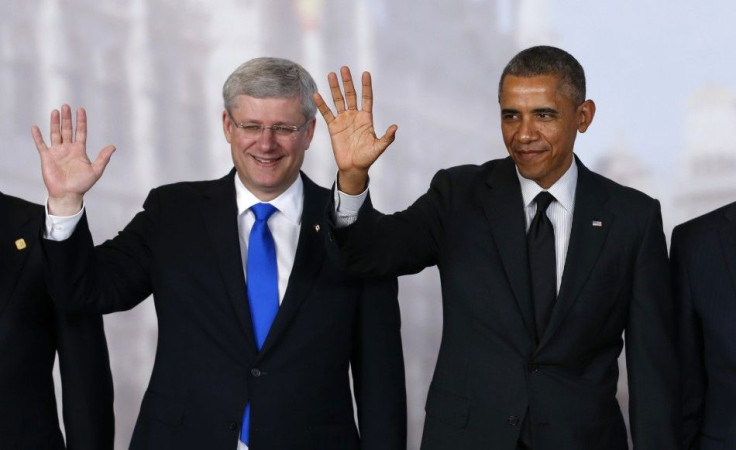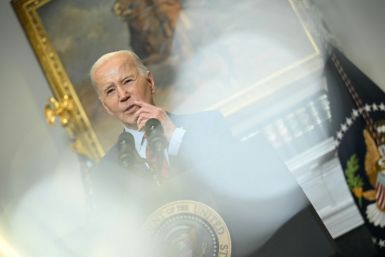Canada’s Economic Gloom Hits Consumer Confidence: Ruling Conservatives Fear Jolt In Polls

Canada’s economic slow-down has affected its consumer confidence. According to Bloomberg Nanos, the Canadian consumer confidence has taken a hard beating. The Index fell to 56.1 in the week that ended on July 10, which was down from 56.6 in the previous survey and is the lowest since April 17. Canada’s is world’s 11th-largest economy.
The economic decline is manifest in several sectors and most glaring are exports, employment and housing. In the first four months of 2015, Canada’s gross domestic product sharply contracted. The Toronto-Dominion Bank stated that the economy has slipped into recession because of the damage from falling crude oil prices.
On a broader scale, Canada's economic woes are an amalgam of its weakness in manufacturing sector, slow growth in jobs and wages, driven by depressed oil prices. This is further compounded by the slowing of economies, which are its key trading partners such as the United States and China. “Consumer sentiment on the future strength of the Canadian economy and the value of real estate realised negative pressure,” noted Nanos Research Group Chairman Nik Nanos .
Jittery Conservatives
For the ruling Conservatives, the ills of the economy are bad news and they fear a political cost as elections are less than 100 days away. The down turn has ebbed the cheer in the Conservative camp, whose leader and Prime Minister Stephen Harper has been the icon of economic prudence. Mr Harper had shown a rare acumen in the past by winning polls on economic agenda. Mr Harper is getting ready for a fourth term at Canada's top office on the platform of fiscal prudence and relative economic stability. But indications are that Conservatives are trailing at the hustings as the left-leaning New Democratic Party is ahead in many opinion polls. The rising distress in the economy is looking to erode the PM’s luck as Canada teeters on the brink of a recession. “There has been a downturn and the reason for that has been the downturn in the global economy. It's really that simple," Mr Harper said recently. This is in contrast to his jubilant words of the past where he hailed Canada's leadership in keeping it immune from the global financial crisis. Clearly, the economy’s weakness under Conservatives will be exploited by the opposition NDP and Liberals to the hilt, to win the election.
Interest Cut
Meanwhile, the strain in the economy was sought to be tackled by the expected step of interest cut. Bank of Canada Governor, Stephen Poloz, went for another cut on the key interest rates for the second time in the year. On July 15, the central bank cut its benchmark lending rate to 0.5 percent to boost the sputtering economy with increased spending.
But many fear troubled times ahead as household debt may soar on the back of cheap loans at cheaper rates. “The more debt you have, the greater are your chances of going bankrupt, it's simple math," says bankruptcy trustee Doug Hoyes. Fear is that slashed interest rates may lure deeply indebted Canadians to slide even deeper into the red.
Insecurity
The new mood of dipping economic optimism among the public was summed by an economist. “When someone says are you better off today than four years ago when this government got its majority mandate? There are not many people going to answer an yes,” said Jim Stanford, economist at Unifor, Canada's largest private sector union. The pervasive dissatisfaction was shared by another analyst also. “Whatever sector of the economy you're in, there's a pretty pervasive sense of insecurity,” noted Pollster Nanos, who added that ruling Conservatives have been good at controlling spending, but not smart in promoting economic growth, which is what voters’ want.
(For feedback/comments, contact the writer at k.kumar@ibtimes.com.au)






